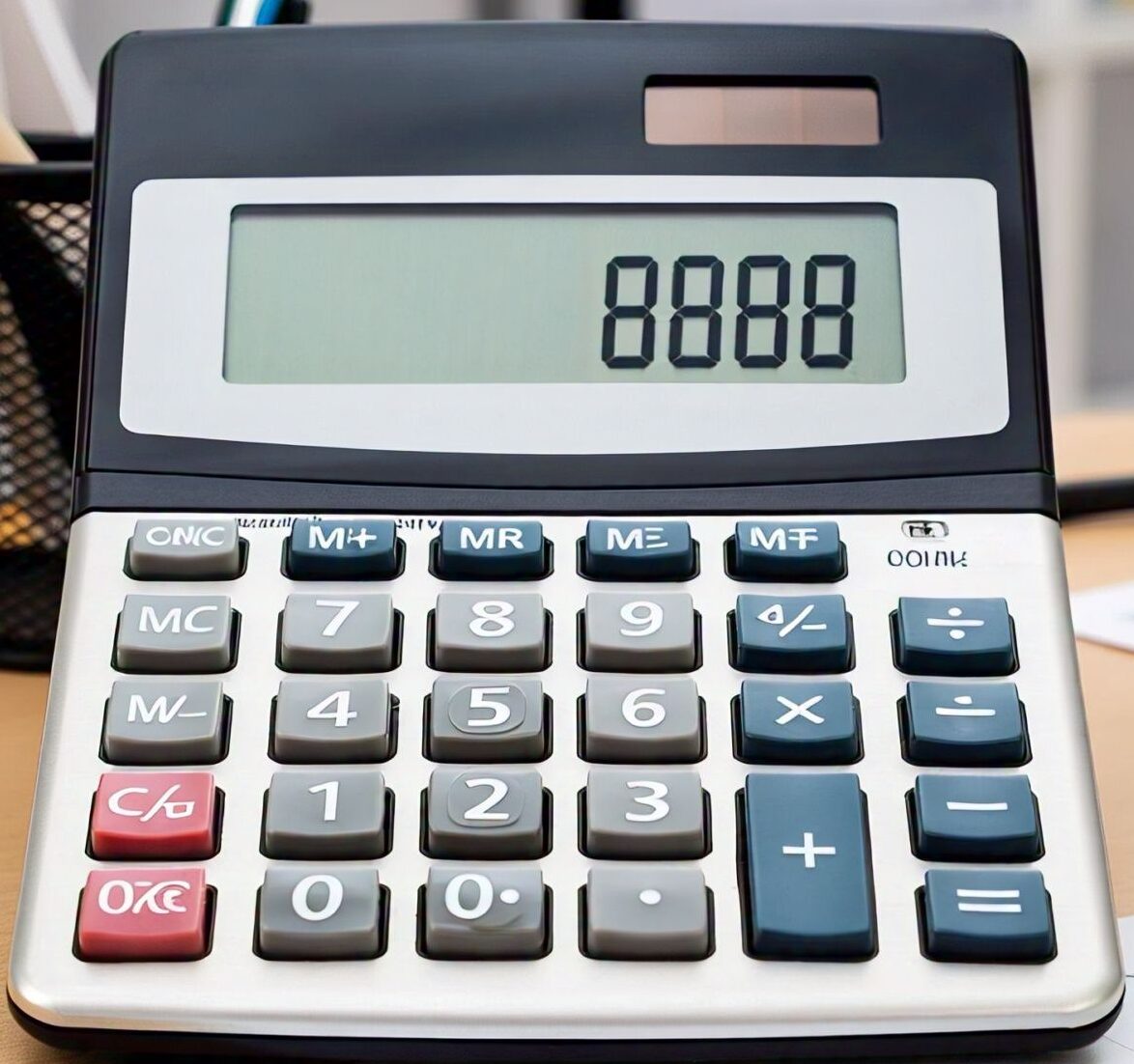Enter the course details to calculate your GPA.
| Course | Credits | Grade |
|---|---|---|
GPA Planning Calculator
Letter Grades and Their Numerical Equivalents for GPA Calculation
Grade point average (GPA) is a widely used metric to measure a student’s academic performance. It is calculated as the average of the grades achieved in each course, taking into account the credit hours associated with each course. Grading systems differ across countries and even institutions. This GPA calculator allows you to enter both letter grades and numerical values, converting letter grades into corresponding grade points as follows:
- A+ = 4.3 grade points
- A = 4 grade points
- A- = 3.7 grade points
- B+ = 3.3 grade points
- B = 3 grade points
- B- = 2.7 grade points
- C+ = 2.3 grade points
- C = 2 grade points
- C- = 1.7 grade points
- D+ = 1.3 grade points
- D = 1 grade point
- D- = 0.7 grade points
- F = 0 grade points
Grades such as P (Pass), NP (Not Pass), I (Incomplete), and W (Withdrawal) are excluded from GPA calculations.
In the United States, most educational institutions utilize the letter grading system described above. However, some schools may replace F with E, and others may not use certain letter grades like A+ or B-. Additionally, some schools may apply weighted grades for specific courses, affecting the overall GPA. This GPA calculator accommodates such variations by factoring in course credits (which represent the course’s weight), as shown in the examples below.
Example GPA Calculations
Example 1:
| Course | Credit Hours | Grade | Grade Points | Grade Points Calculation |
| Math | 4 | A+ | 4.3 | 4 x 4.3 = 17.2 |
| Physics | 2 | B | 3 | 2 x 3 = 6 |
| English | 3 | A | 4 | 3 x 4 = 12 |
| Total | 9 | 35.2 | ||
| GPA | 35.2 / 9 = 3.91 |
Example 2:
| Course | Credit Hours | Grade | Grade Points | Grade Points Calculation |
| Biology | 4 | C | 2 | 4 x 2 = 8 |
| Chemistry | 3 | C | 2 | 3 x 2 = 6 |
| Chem. Lab | 2 | B | 3 | 2 x 3 = 6 |
| Total | 9 | 20 | ||
| GPA | 20 / 9 = 2.22 |
Tips for Improving GPA
Improving your GPA requires consistent effort and effective study habits. While there is no guaranteed method for raising your GPA, certain strategies can help enhance learning and academic performance. Here are some practical guidelines:
1. Attend Classes Regularly
Attending classes is essential, as it offers an opportunity to absorb valuable information. Even when a professor repeats notes that are posted online, in-class interactions provide critical insights that can aid in better understanding the material. These discussions often clarify concepts and provide helpful tips that can influence exam performance. Missing classes could result in missing essential information or changes to the exam schedule.
Active participation in class also fosters a connection with professors, which may prove beneficial in case of emergencies or missed deadlines. Professors tend to be more understanding towards students who are engaged and present.
2. Plan and Organize Your Study Time
Every student has a unique learning style, and finding what works best for you is crucial for academic success. Whether you prefer to study in long blocks or with frequent breaks, it is important to approach your study routine in a way that maximizes efficiency and aligns with your schedule.
Organizing your work, including keeping track of notes and assignments, helps streamline your learning process. Effective note-taking can make reviewing material later easier and more productive. Regularly reviewing your notes and actively engaging with the content can reinforce your understanding, which ultimately improves your GPA.
3. Practice Effective Time Management
Time management is essential for balancing coursework and extracurricular activities. Setting aside dedicated time for each course allows you to manage your workload without feeling overwhelmed. Prioritizing tasks based on their deadlines and difficulty can reduce stress and increase productivity. Scheduling regular study sessions for each subject also ensures you remain prepared for exams.
4. Consistent Review of Course Material
Reviewing the material regularly throughout the term is more effective than cramming before exams. Consistent study sessions help reinforce key concepts and allow for a deeper understanding of the subject matter. Spacing out your reviews over time enhances retention and better prepares you for assessments, leading to improved GPA.
By following these strategies and staying consistent in your efforts, you can work towards improving your GPA and academic performance over time.
This calculator is a helpful tool for tracking and improving your GPA. With the right approach to study and time management, you can achieve your academic goals.
